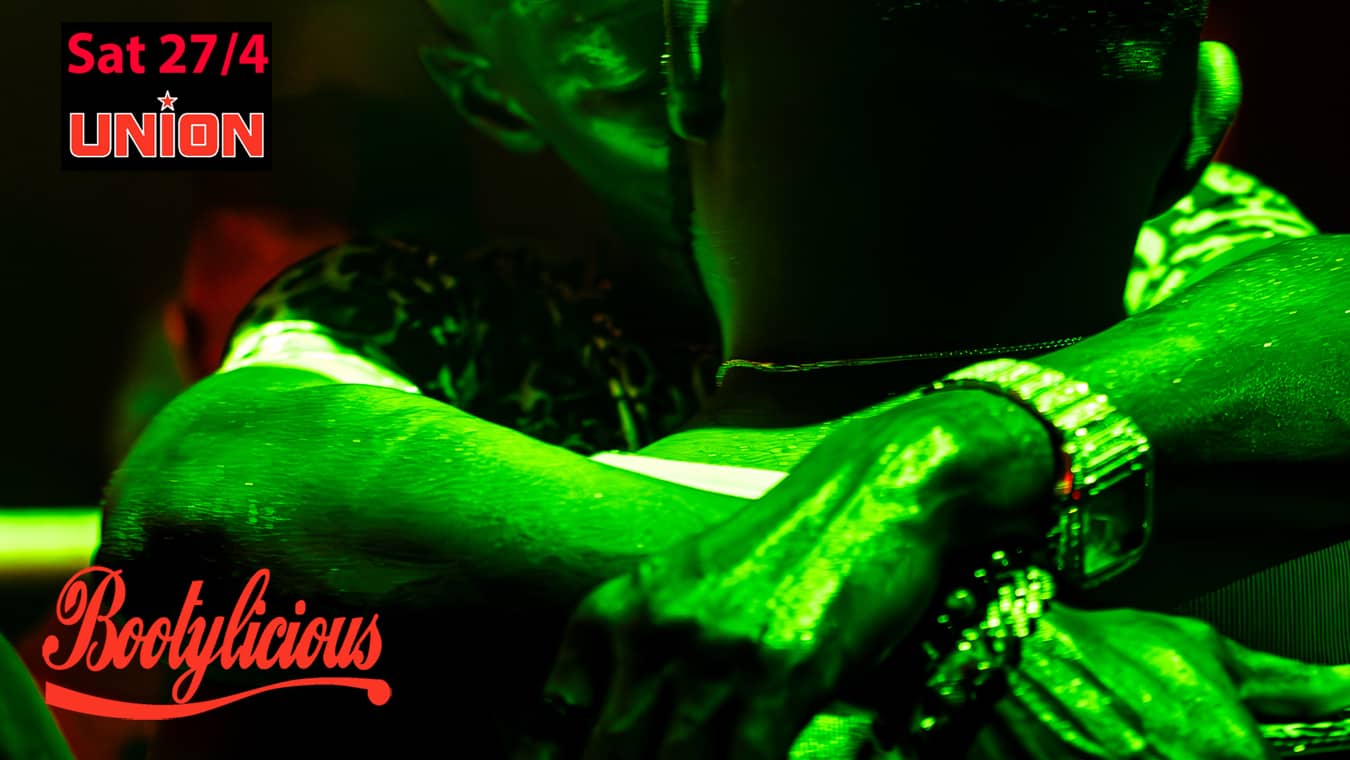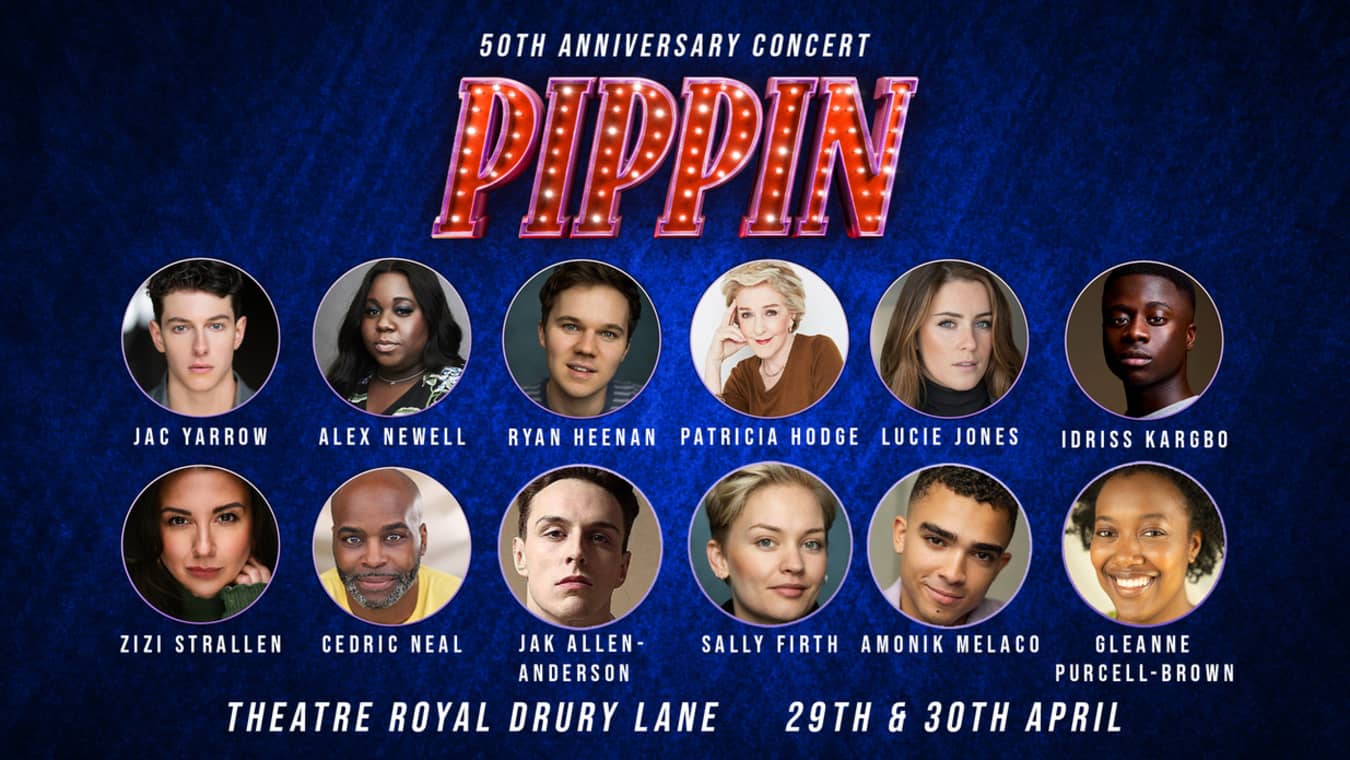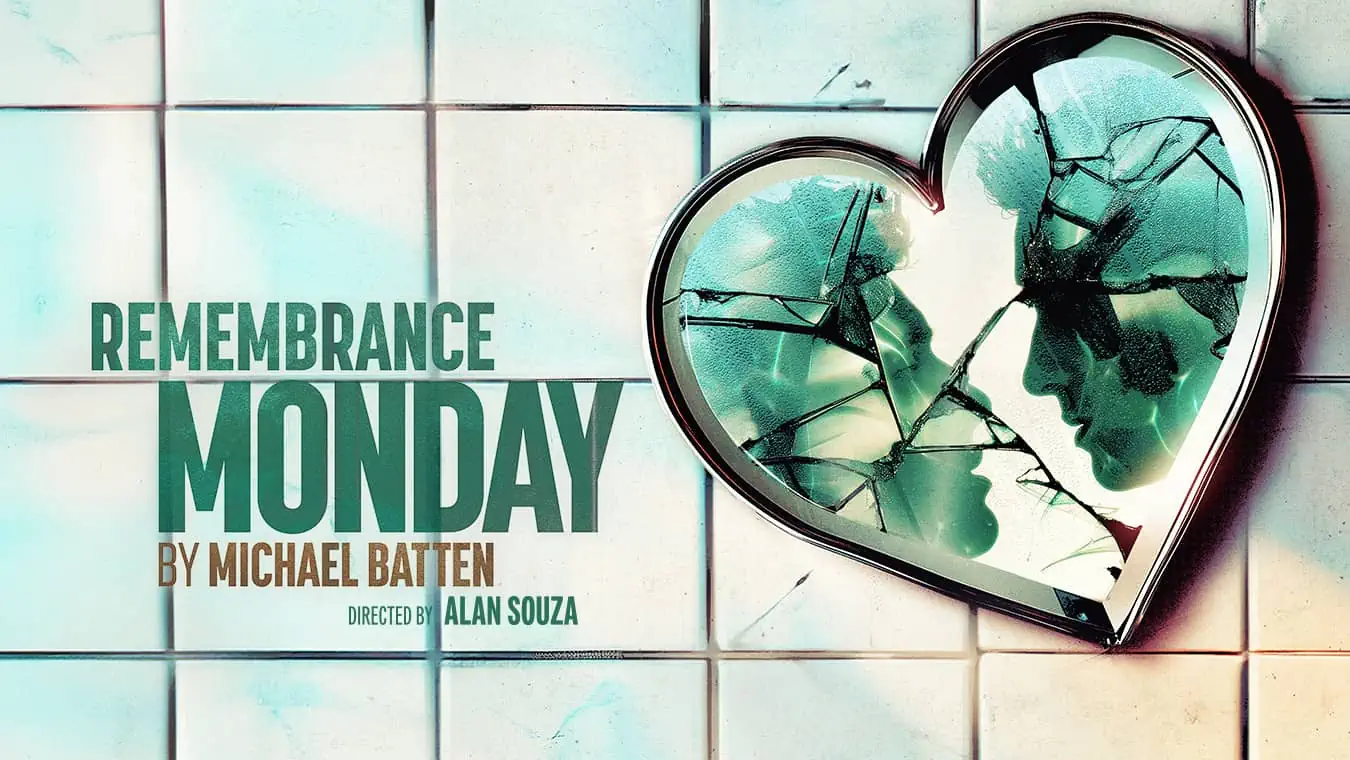Matthew McConaughey and Jared Leto have won nearly every award going and are favourites to take home Oscars next month for their work in Dallas Buyers Club.
The film took nearly 20 years to get made because studios were nervous about the unsentimental story of a straight man and a transgendered woman fighting for life while dying of AIDS. Set in the mid-80s, when being treated for HIV was almost impossible in America, the film follows activist Ron Woodruff’s underground system to import effective medicine. And at the heart of the film is the redneck Ron’s unlikely friendship with male-to-female Rayon. Jack Leger spoke to the actors in London…
How did you audition for Rayon?
Jared Leto: I was in Berlin and there was a Skype meeting set up with the director Jean-Marc Vallee. It wasn’t really an audition, but he was feeling me out, so to speak! So I got some lipstick and as soon as we connected I said, “Hello” – and I think that was the last time he ever saw me as me. I put the lipstick on, and he was kind of stunned. I undid the black jacket I had on and had a pink furry sweater pulled over my shoulders. And then I proceeded to flirt with him for the next 20 minutes. And I woke up the next day with the part!
Matthew: I got a call from Jean-Marc, he said, “Do you know this guy, Jared Leto? We Skyped and he hit on me! He was feeling me up and it was making me uncomfortable, but I think we’ve found Rayon.”
How has the LGBT community reacted to Rayon?
Jared: I’ve had an incredible amount of love and support. During my research, I met with transgendered people, and they were incredibly generous with their time. They showed me the ropes, things like what it’s like to tell your parents who you really are, what it’s like to try to be more feminine, some of the mistakes you might make as a newcomer. So it’s been really nice. I think people know that we had the right intentions.
By contrast, Ron starts out as a rampant homophobe.
Matthew: Well, that’s who he was, so his redemption had to be subtle. At the end he’s essentially the same son of a bitch that you met early on. But that’s what kept him alive for seven years after he was told he had a month to live. By keeping him the hardcore, selfish, cantankerous SOB, we trusted that his humanity was going to rise. People do say, “God, at the start I couldn’t stand this guy, and yet I rooted for him!” This is because you know people like that: you may not agree with their politics or anything else, but when they are who they are you empathise with them.
There are rumours that Ron had some gay experiences.
Matthew: There’s been some talk that maybe he wasn’t completely straight, but everything I read from his diaries was that he was heterosexual. All the relationships he wrote about were heterosexual. And he wrote about a bunch of ‘em!
Has the film changed you?
Jared: I think that Rayon was a very kind, bighearted, fun, funny, graceful human being, and I would like to hold on to some of those qualities.
Matthew: I question authority with a little more vigour now. And a personal moment for me, which was probably the most difficult but enlightening thing, was when Ron goes to see the doctor and says, “Look, I’m dying here and you’re telling me to do get a hug!” And that word “dying” – admitting that sort of mortality was a personal shock for me. It’s interesting what being in the face of death, or having someone around us go through it, does to us.













